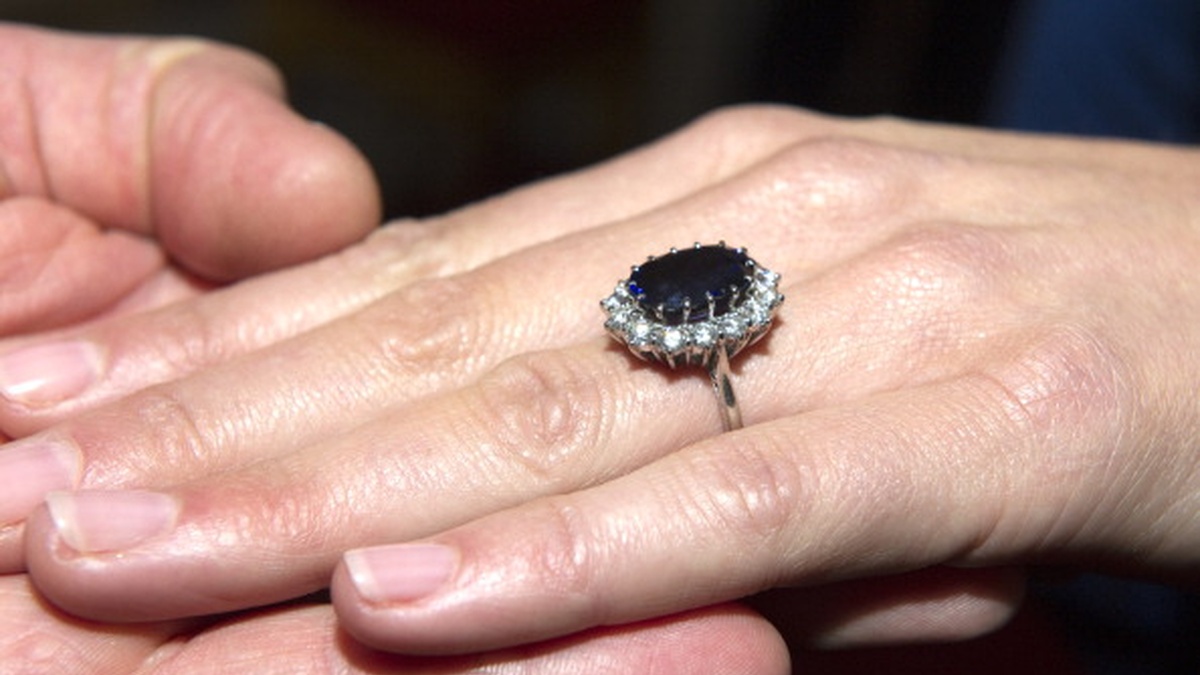If your initial reaction to this headline is something along the lines of “Well, if you go to any World Series baseball game, you’re at risk of showing up on television or the jumbotron; no one’s actually targeting you,” let me stop you right there.
If you, as an ESPN cameraperson, linger your lens on two young women eating ice cream cones for 15-20 whole seconds, you are either exactly as malicious as those who contribute to the online fallout of such a clip, or have your head so deep in the sand that the Fremen are seriously considering accepting you as one of their own. Either way, the irresponsibility is immaculate.
It’s so immaculate, in fact, that TikTok‘s @anniej4, one of the girls who appeared in one such viral clip, has decided to take the whole enterprise to task. Starting with the cameraperson and extending to the responses, sporting culture, and all the way up to the patriarchy as a whole.
After giving us a lowdown on the situation — in which Annie and her friend appeared in the aforementioned clip, which eventually landed on TikTok, and ultimately resulted in the business-as-usual onslaught of disgusting sexual comments — Annie really dug into the dirty deets of the situation. Upon receiving word that they were live, the duo already had a pretty good idea of where this was headed, and plenty of ESPN regulars were happy to chime in with anecdotal evidence of the woman eating to woman getting sexualized pipeline that ESPN consistently seems to enable.
Annie also continued to sound the gong on the heinously poor treatment that women endure in the male-dominated world of sports. The above example is a case of merely existing in such a space as a spectator, rather than an athlete. Far worse examples exist in Tara Davis, Caitlin Clark, Serena Williams, the 2021 German national gymnastics team, Ronda Rousey, Alex Morgan — there are almost too many examples to list.
But really, what’s there to be said about this state of affairs that hasn’t already been repeated ad nauseam hundreds of thousands, if not millions of times before? How do we bridge a gap that so many have proven time and again they have no interest in bridging? How do we possibly explain to someone that it’s not okay to comment on someone’s body, let alone blurt out sentiments that are laced with undertones of violence time and again? How are we to engage with that breed of psychology?
I have no answers; I can only hope that those commenters link up with a therapist sooner rather than later.











Published: Jul 4, 2024 11:28 am